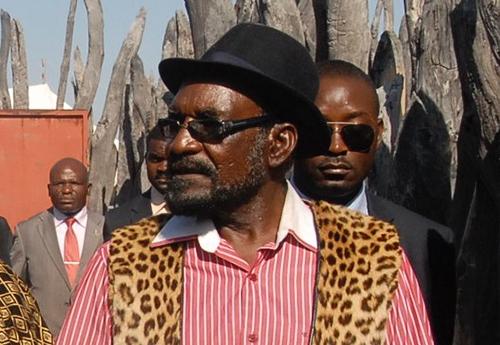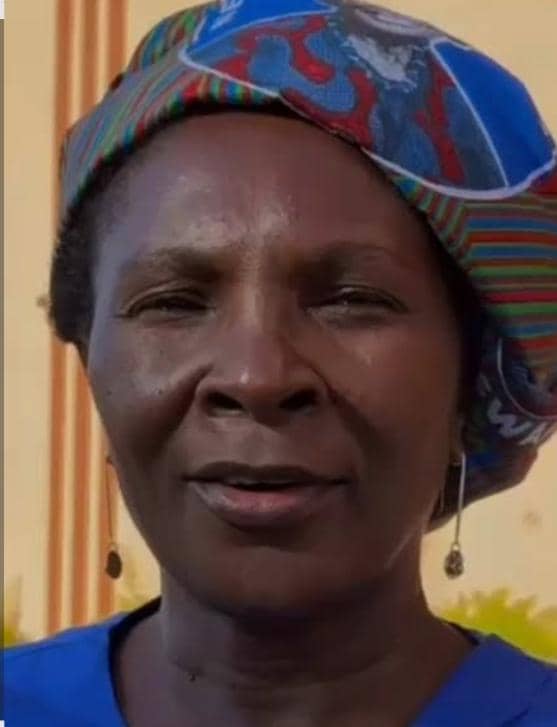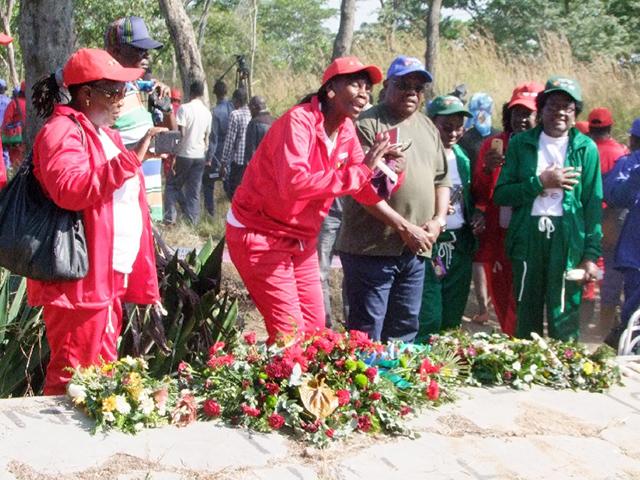JOHANNESBURG – South African President Thabo Mbeki has had one of the toughest follow-up acts in politics:stepping into the shoes of Nelson Mandela.
First elected in 1999 to succeed the anti-apartheid icon as South Africa’s second black president, Mbeki has emerged as a cerebral leader committed to delivering on the promises of the country’s young democracy. But his government has been accused of failing to meet some of South Africa’s biggest challenges – including its AIDS epidemic, the crisis in neighbouring Zimbabwe, sky-high crime rates and one of the world’s widest gaps between rich and poor.Critics have asked whether Mbeki has built on South Africa’s early success or undermined it.But such concerns have largely been overshadowed by a robust economy in the last years of his mandate.Mbeki guided the African National Congress (ANC) to its biggest win in general elections on April 14, scoring more than two-thirds of the national vote and, for the first time, taking effective control of all nine provinces.Opposition leaders increasingly accuse the ANC of running South Africa as a one-party state.But Mbeki and party leaders say the ANC’s popularity is a tribute to its history in the anti-apartheid battle and its policies aimed at bettering the lot of most South Africans.Mbeki’s reserved public image stands in contrast to the ebullient Mandela, who favoured bright, loose-fitting shirts and made racial reconciliation the theme of his presidency.Ten years after Mandela won worldwide acclaim for guiding South Africa’s peaceful transition to multiracial democracy in 1994, Mbeki sticks to business suits and prefers specifics to sentiment.Mbeki has played down, though never repudiated, Mandela’s language of reconciliation since he became president of the ANC in December 1997.Handed a country where economic power still lies firmly in white hands and most black citizens remain desperately poor, he has repeatedly said the country’s white minority must work harder to spread the wealth.Mbeki has said the ANC’s next five years in power will see a major government effort to reduce poverty and create jobs, including some 100 billion rand to be spent on huge new public works projects.A long-time member of the ANC and son of one of the party’s first leaders, Mbeki left South Africa to pursue a masters degree in economics at Sussex University in England and military training in the Soviet Union, a key backer of the ANC’s armed campaign against apartheid.His illegitimate son, born when he was 16, and his brother, Jama, are missing and presumed killed while working for the party against white rule.He is married to Zanele Mbeki.Widely regarded as highly intelligent and a workaholic, Mbeki is also sensitive to criticism – the aspect of his character that has drawn the most negative comment.- Nampa-ReutersBut his government has been accused of failing to meet some of South Africa’s biggest challenges – including its AIDS epidemic, the crisis in neighbouring Zimbabwe, sky-high crime rates and one of the world’s widest gaps between rich and poor.Critics have asked whether Mbeki has built on South Africa’s early success or undermined it.But such concerns have largely been overshadowed by a robust economy in the last years of his mandate.Mbeki guided the African National Congress (ANC) to its biggest win in general elections on April 14, scoring more than two-thirds of the national vote and, for the first time, taking effective control of all nine provinces.Opposition leaders increasingly accuse the ANC of running South Africa as a one-party state.But Mbeki and party leaders say the ANC’s popularity is a tribute to its history in the anti-apartheid battle and its policies aimed at bettering the lot of most South Africans.Mbeki’s reserved public image stands in contrast to the ebullient Mandela, who favoured bright, loose-fitting shirts and made racial reconciliation the theme of his presidency.Ten years after Mandela won worldwide acclaim for guiding South Africa’s peaceful transition to multiracial democracy in 1994, Mbeki sticks to business suits and prefers specifics to sentiment.Mbeki has played down, though never repudiated, Mandela’s language of reconciliation since he became president of the ANC in December 1997.Handed a country where economic power still lies firmly in white hands and most black citizens remain desperately poor, he has repeatedly said the country’s white minority must work harder to spread the wealth.Mbeki has said the ANC’s next five years in power will see a major government effort to reduce poverty and create jobs, including some 100 billion rand to be spent on huge new public works projects.A long-time member of the ANC and son of one of the party’s first leaders, Mbeki left South Africa to pursue a masters degree in economics at Sussex University in England and military training in the Soviet Union, a key backer of the ANC’s armed campaign against apartheid.His illegitimate son, born when he was 16, and his brother, Jama, are missing and presumed killed while working for the party against white rule.He is married to Zanele Mbeki.Widely regarded as highly intelligent and a workaholic, Mbeki is also sensitive to criticism – the aspect of his character that has drawn the most negative comment.- Nampa-Reuters
Stay informed with The Namibian – your source for credible journalism. Get in-depth reporting and opinions for
only N$85 a month. Invest in journalism, invest in democracy –
Subscribe Now!










